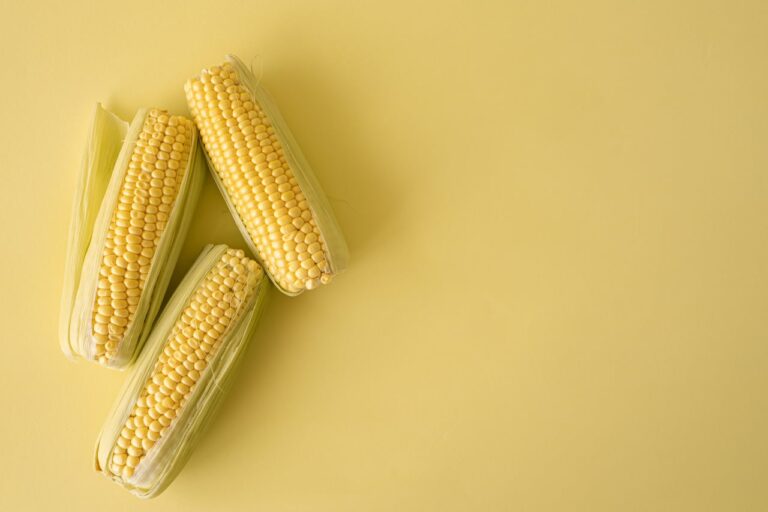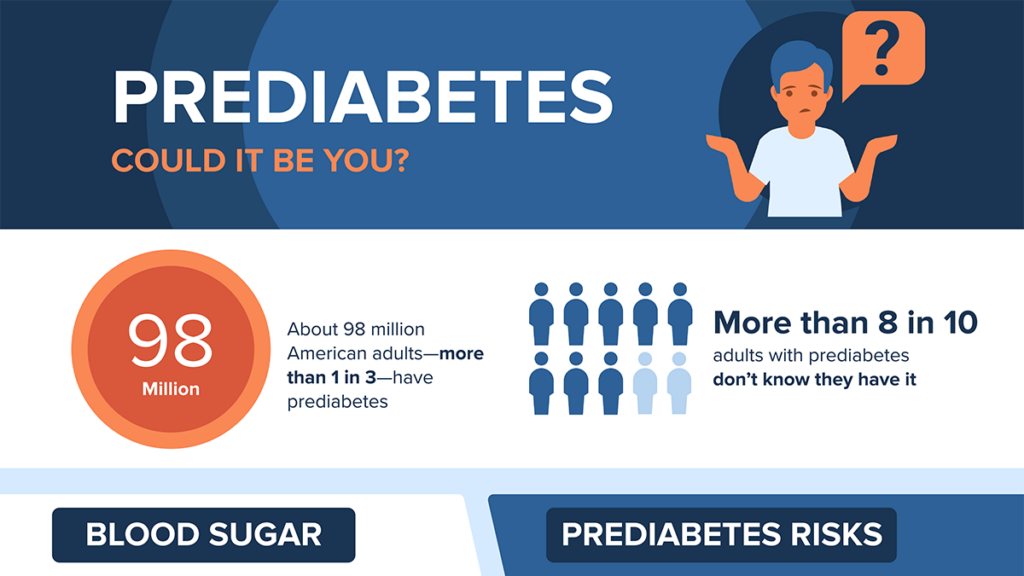Your Trusted Resource for Diabetes Self-Care
Welcome to Diabetes Self Caring, where we strive to provide you with essential information and resources to manage diabetes effectively.


Explore Our Comprehensive Diabetes Content Hub
Our mission is to empower individuals like you to embrace a proactive approach to self-healthcare.
Discover expert insights and practical tips on nutrition, exercise, medication, and lifestyle adjustments tailored for diabetes management.

Glaucoma Surgery
Learn about surgical options for managing glaucoma.

Sleep Studies
Learn about the importance of sleep studies and how they diagnose sleep disorders.
Recent Articles

FAQs About Cataract Surgery: Common Concerns Addressed
Cataract surgery is a common procedure performed to restore vision in individuals with cataracts. If you or a loved one…

Exploring the Benefits of Advanced Technology Cataract Surgery
Advanced technology cataract surgery has revolutionized the field of ophthalmology, providing patients with improved outcomes and enhanced vision. Understanding cataract…

Best Bread For Diabetics
The nutrient-rich germ and fibrous bran are removed during the refinement process, leaving just the starchy endosperm of the grain….

Diabetes and Pizza: Can Diabetics Eat Pizza?
When a person suffers from diabetes, he or she is always worried of everything that he or she eats. The…

Does Probiotics Help People with Diabetes?
Diabetes is not just about high blood glucose levels. it is a much more complicated disease which, if not controlled effectively, will…

Is Corn Good for Diabetes?
Diabetes is a serious condition which increases your blood glucose or blood sugar more than needed. There is a hormone…
What You’ll Discover on Diabetes Self Caring:
Expert Insights
Gain valuable knowledge from healthcare professionals specializing in diabetes management.
Practical Tips
Access actionable advice on diet, exercise, medication, and lifestyle adjustments from personalEYES that tailored for diabetes care.


